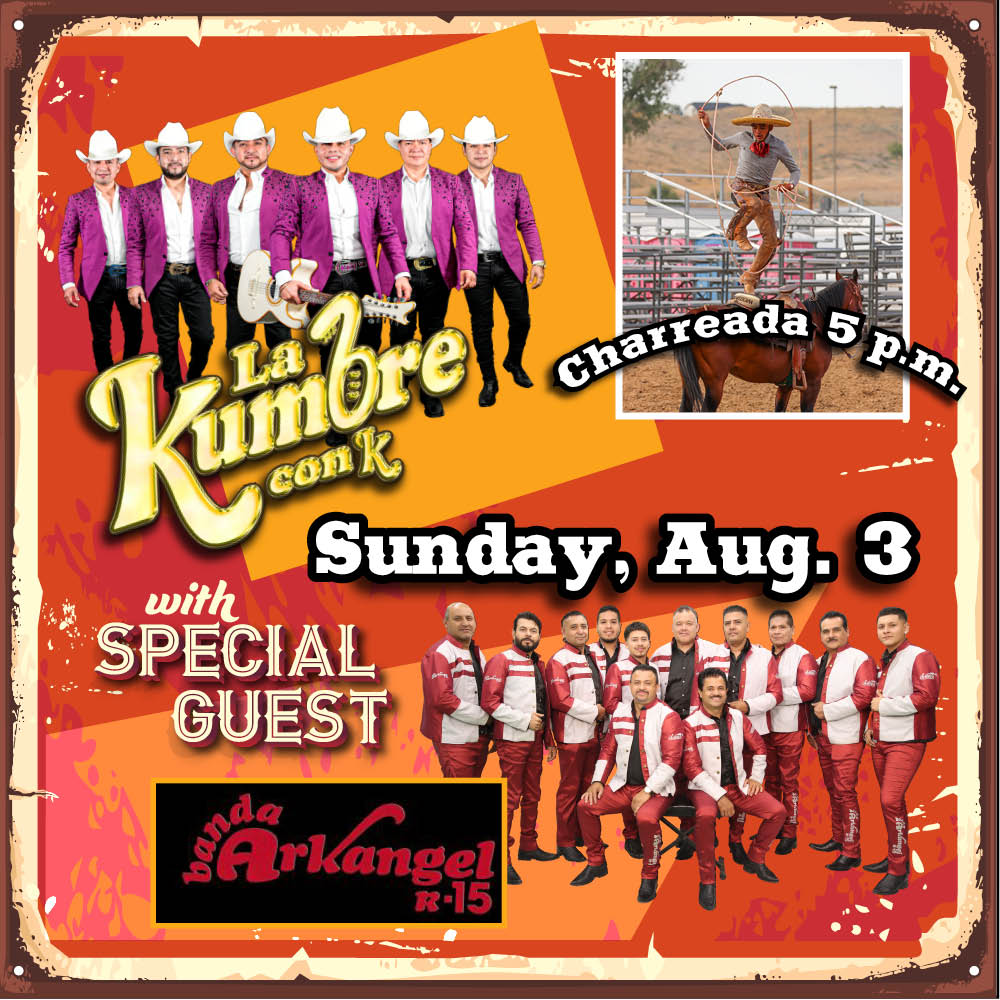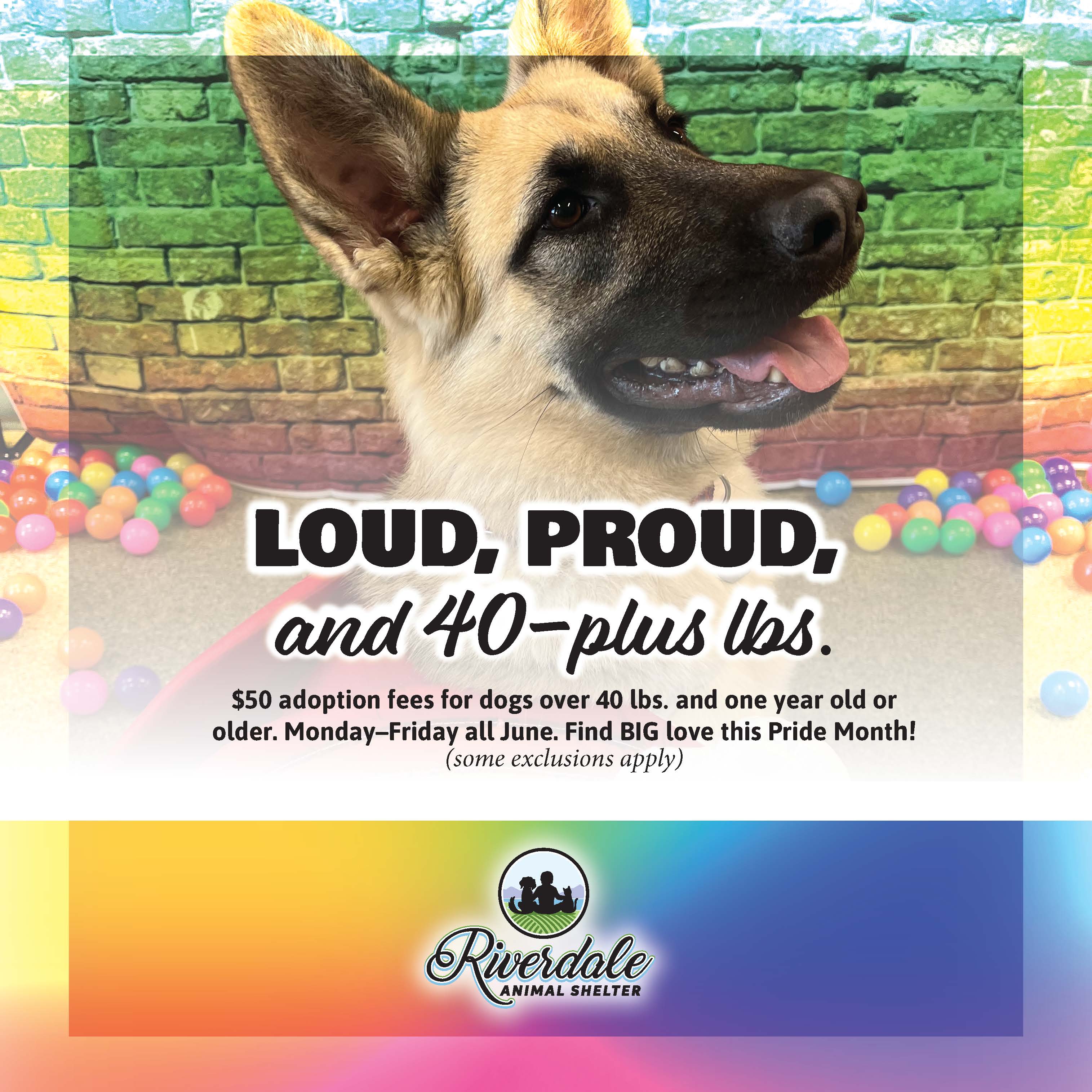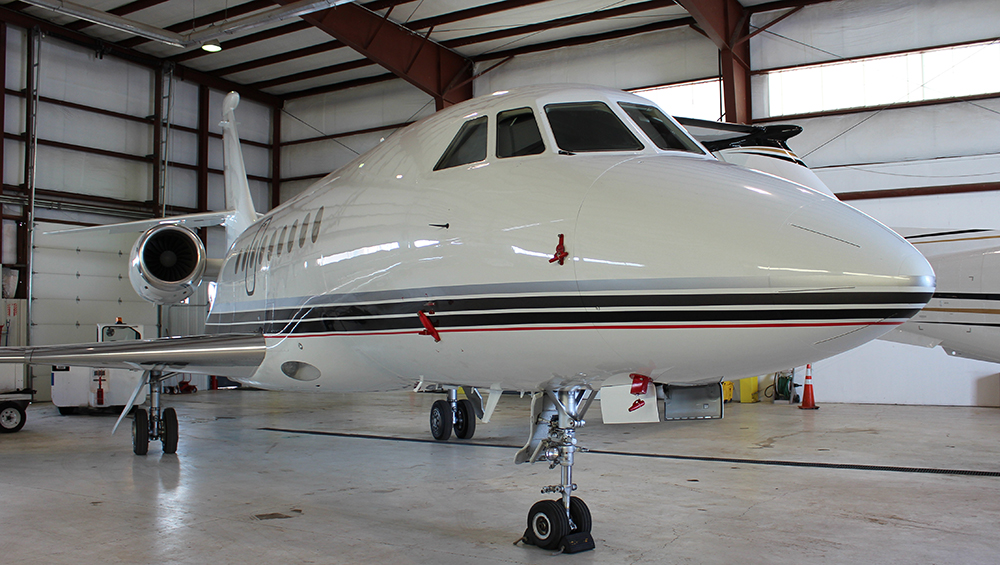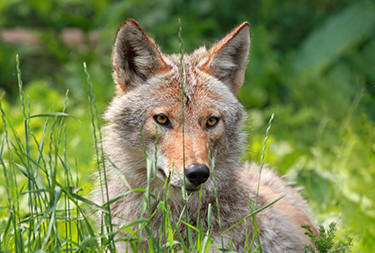 Coyotes are frequently seen in rural and urban areas of Adams County. While they don’t pose much of a threat to humans, they can harm or even kill pets. Here are some tips you can use to make sure your dogs, cats, and livestock stay safe.
Coyotes are frequently seen in rural and urban areas of Adams County. While they don’t pose much of a threat to humans, they can harm or even kill pets. Here are some tips you can use to make sure your dogs, cats, and livestock stay safe.
Recognize a coyote
Coyotes are about 25-40 pounds with a bushy tail and usually gray, tan, or brown fur. They are members of the dog family, so they look like wilder versions of domesticated dogs.
Know coyote behavior
Coyotes prefer to live in rural areas with less human presence where their diet consists of mice, squirrels, prairie dogs, rabbits, and other small animals, which they can supplement with wild plants and berries. However, coyotes are very adaptable and opportunistic animals, and they do venture into cities and suburbs if they find food sources, such as garbage, pet food, and even small pets like dogs and cats.
Coyotes can be spotted at any time of day, but they tend to be most active around dawn and dusk. Their breeding season is in February and March, and conflicts with humans and their pets are higher during this time of year. The offspring are born in the spring, and the growing pups have high food requirements through the summer. Because people spend more time outdoors in the summer – often with their pets – there is a higher chance of interactions then as well.
While coyote attacks on people are rare, they have occurred. Most attacks on humans occur when a person attempts to get too close to a coyote. Do not feed coyotes (or any wild animal). Your Instagram and Facebook feeds will survive without an up-close photo of a wild coyote (and so will you).
Take steps to prevent coyote interactions
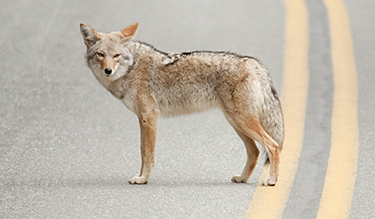
- Keep an eye on your pets. Keep your pets close when walking them and be aware of your surroundings. Keep them inside your house, a kennel, or in an enclosed area with at least a six-foot fence, especially at night. Don’t allow pets to roam freely.
- Protect your livestock. Chickens and young animals are targets for coyotes as well.
- Don’t leave garbage exposed. Keep trash in a securely closed container and clean the container regularly to eliminate odors.
- Make noise if you encounter a coyote. Shout at them or honk your car horn to frighten them so they learn to avoid people and populated areas.
Adams County Animal Management does not handle problem wildlife, including coyotes. There are pest control agencies that specialize in wildlife that can assist you with many wildlife problems for a fee. Incidents relating to wildlife may also be referred to the Colorado Division of Parks and Wildlife at 303.866.3437.
Download a copy of our Adapting to Coyotes brochure as a PDF.


